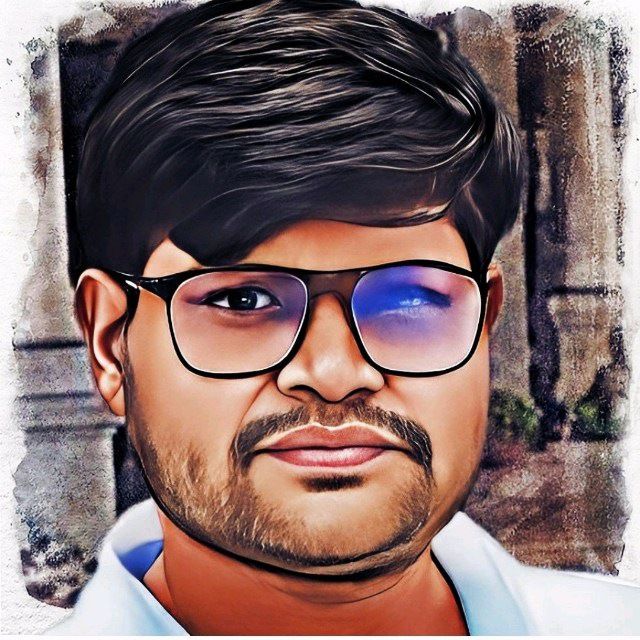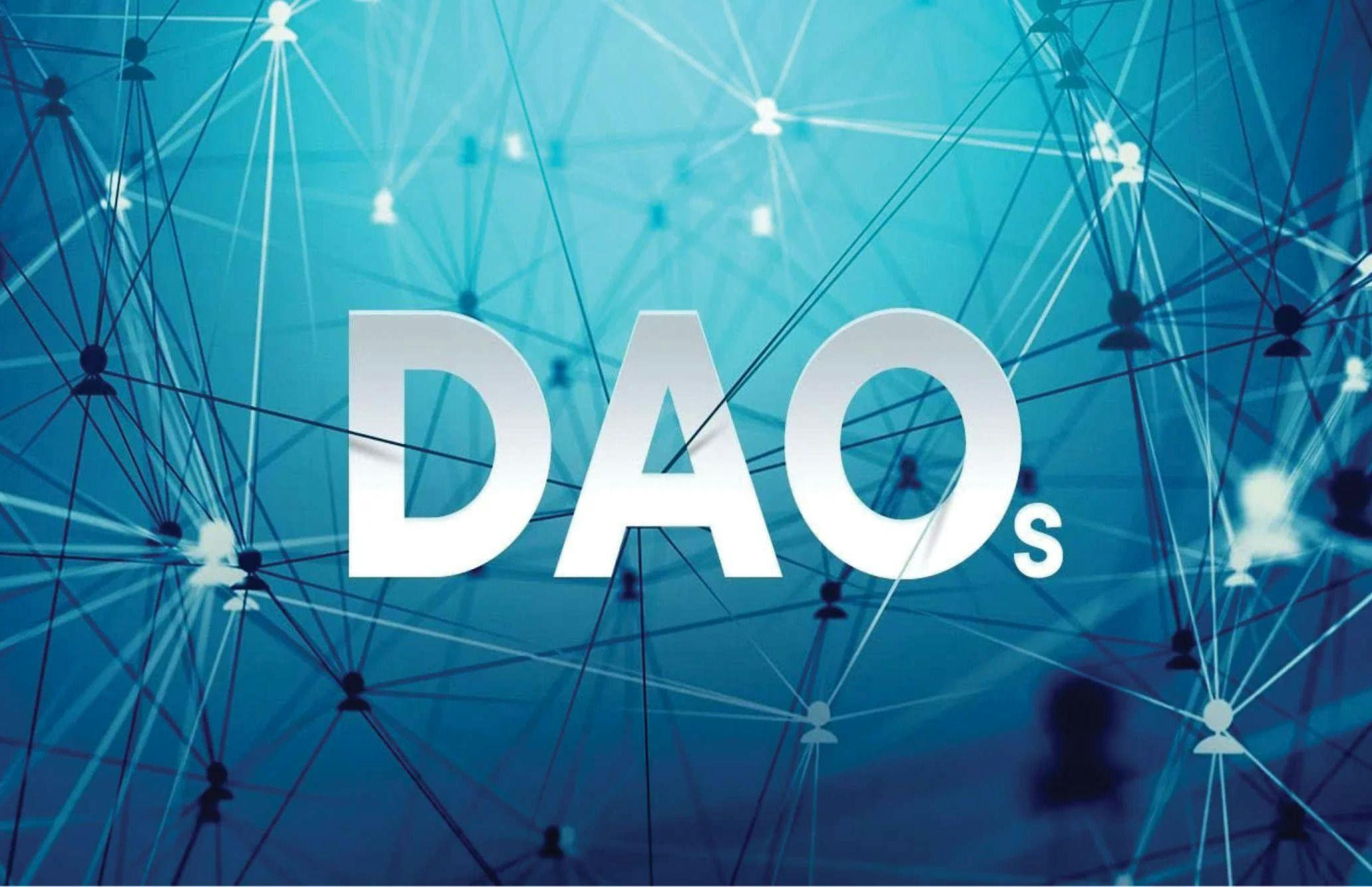630 reads
How Are DAOs Changing the Way We Live and Work?
by
April 22nd, 2022
Audio Presented by

Anurag Is a Crypto Trader with a passion for writing about Technology, Web3, Metaverse, AR Startups, And Cryptocurrency.
About Author
Anurag Is a Crypto Trader with a passion for writing about Technology, Web3, Metaverse, AR Startups, And Cryptocurrency.
